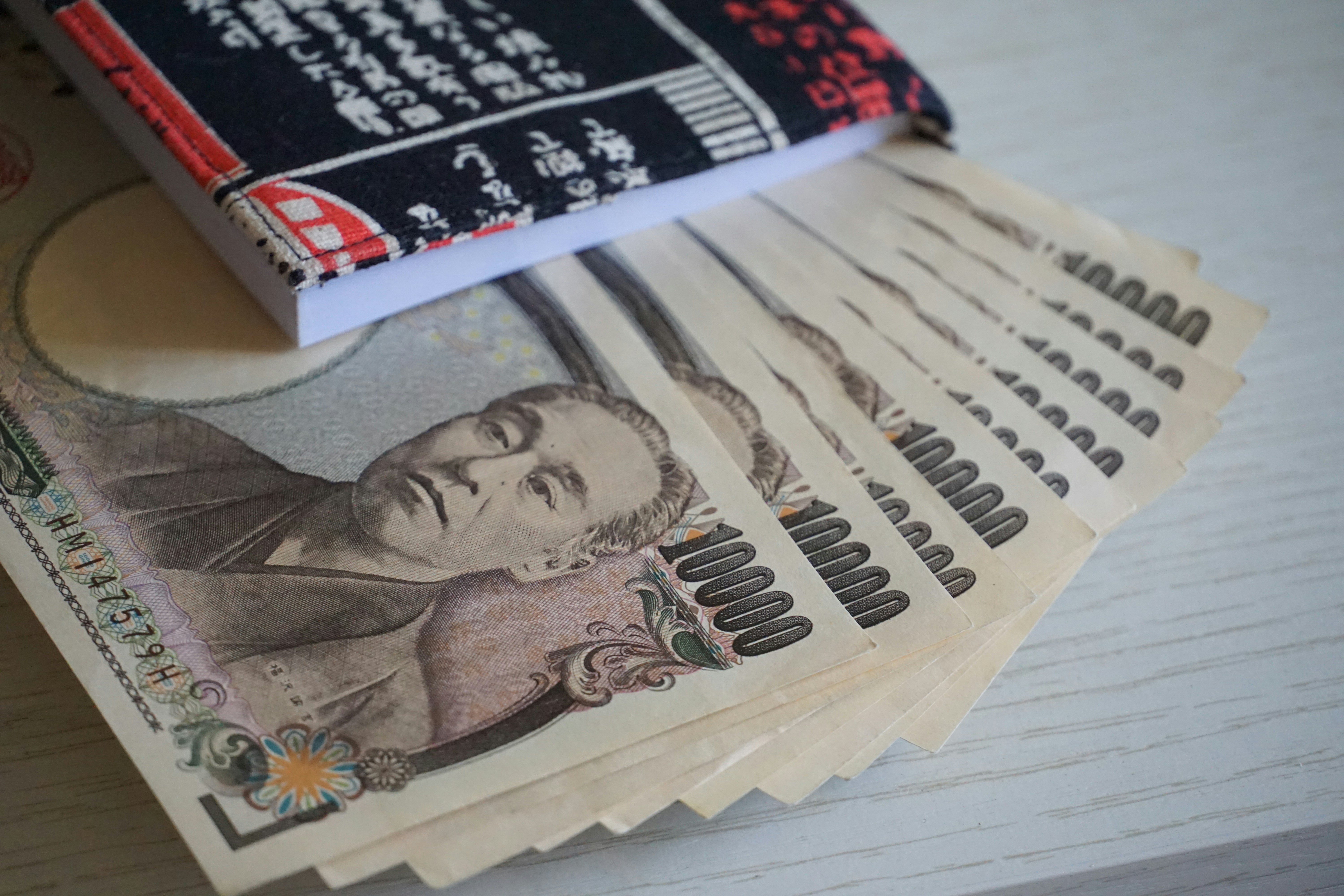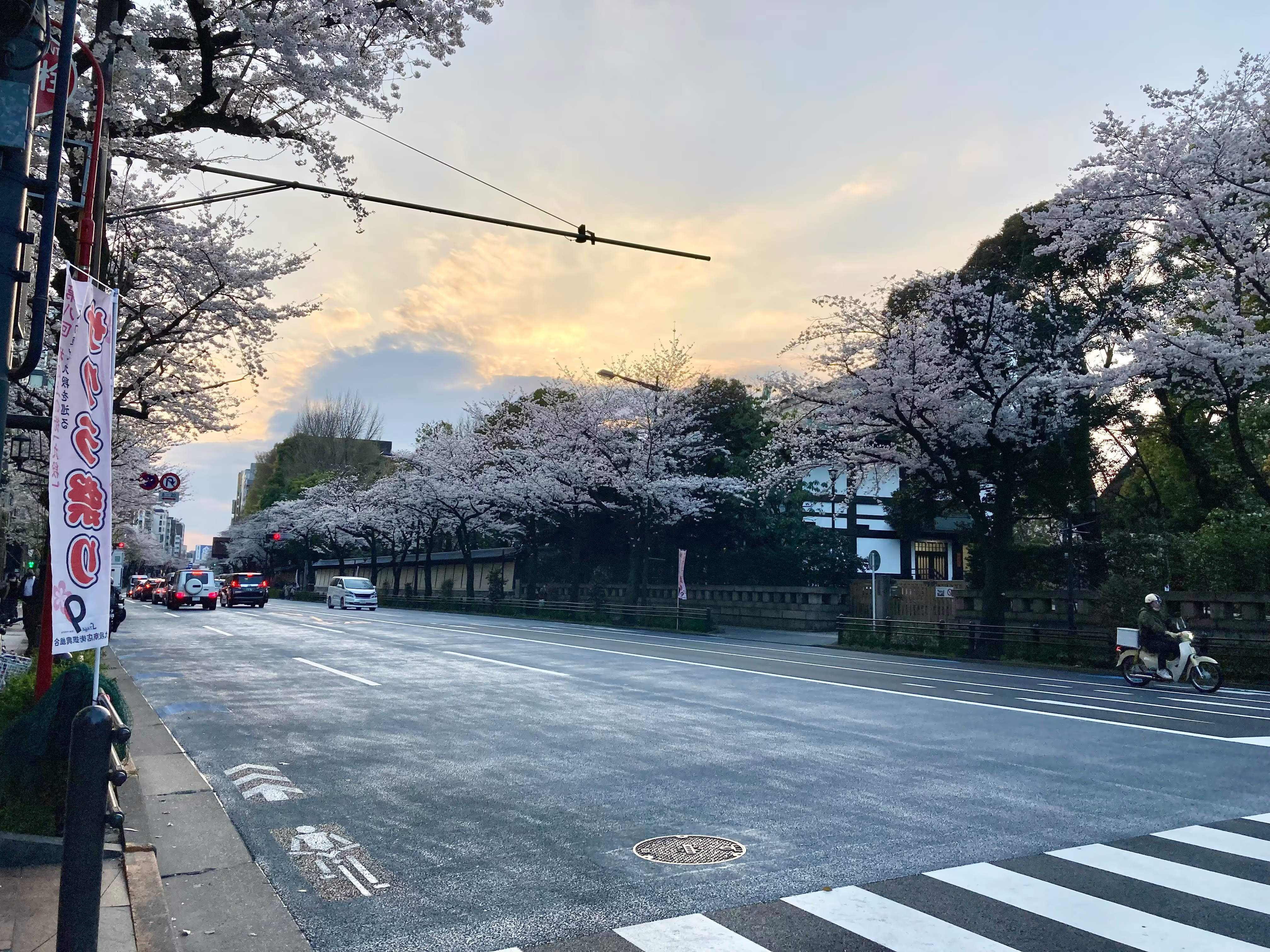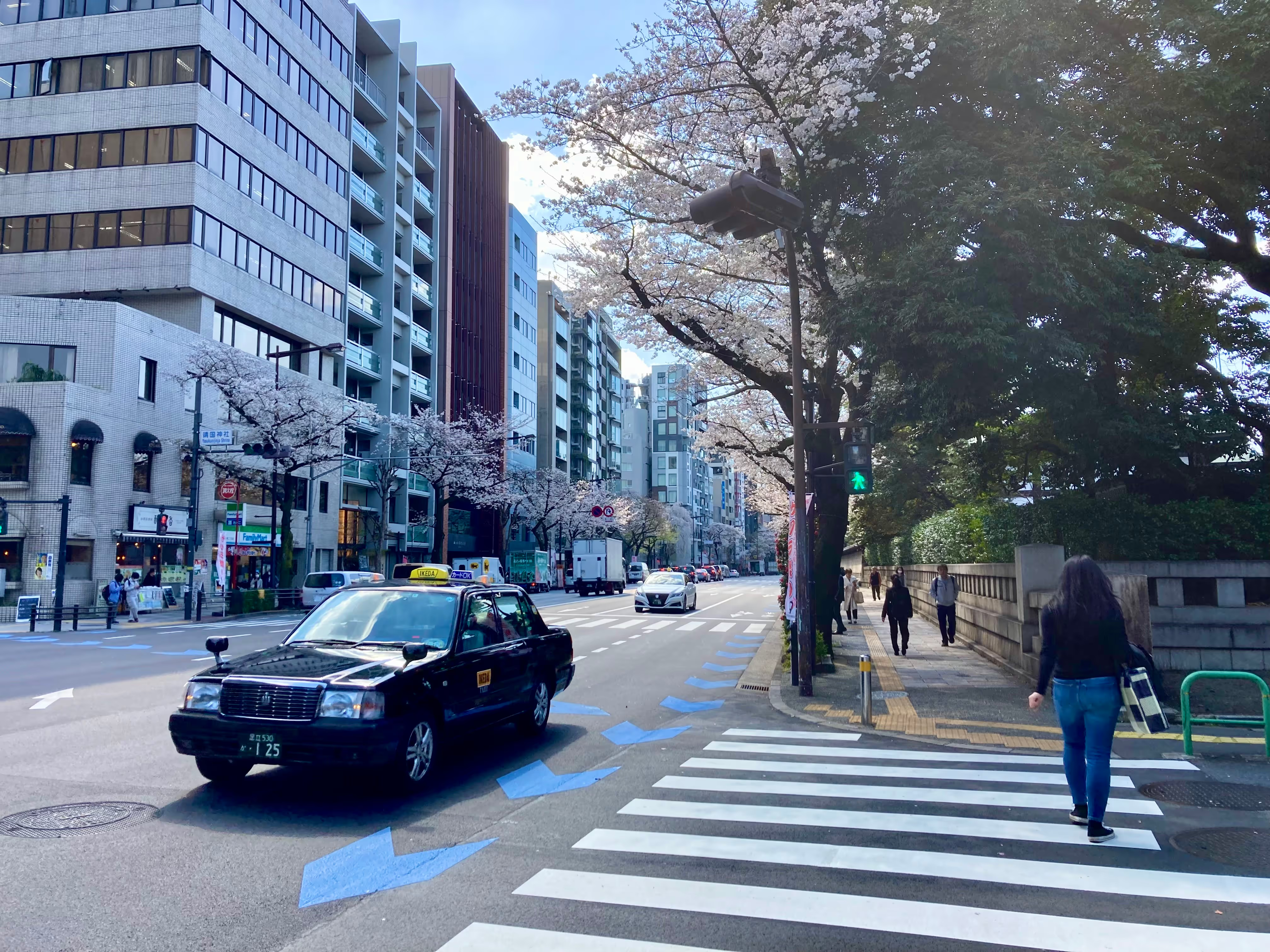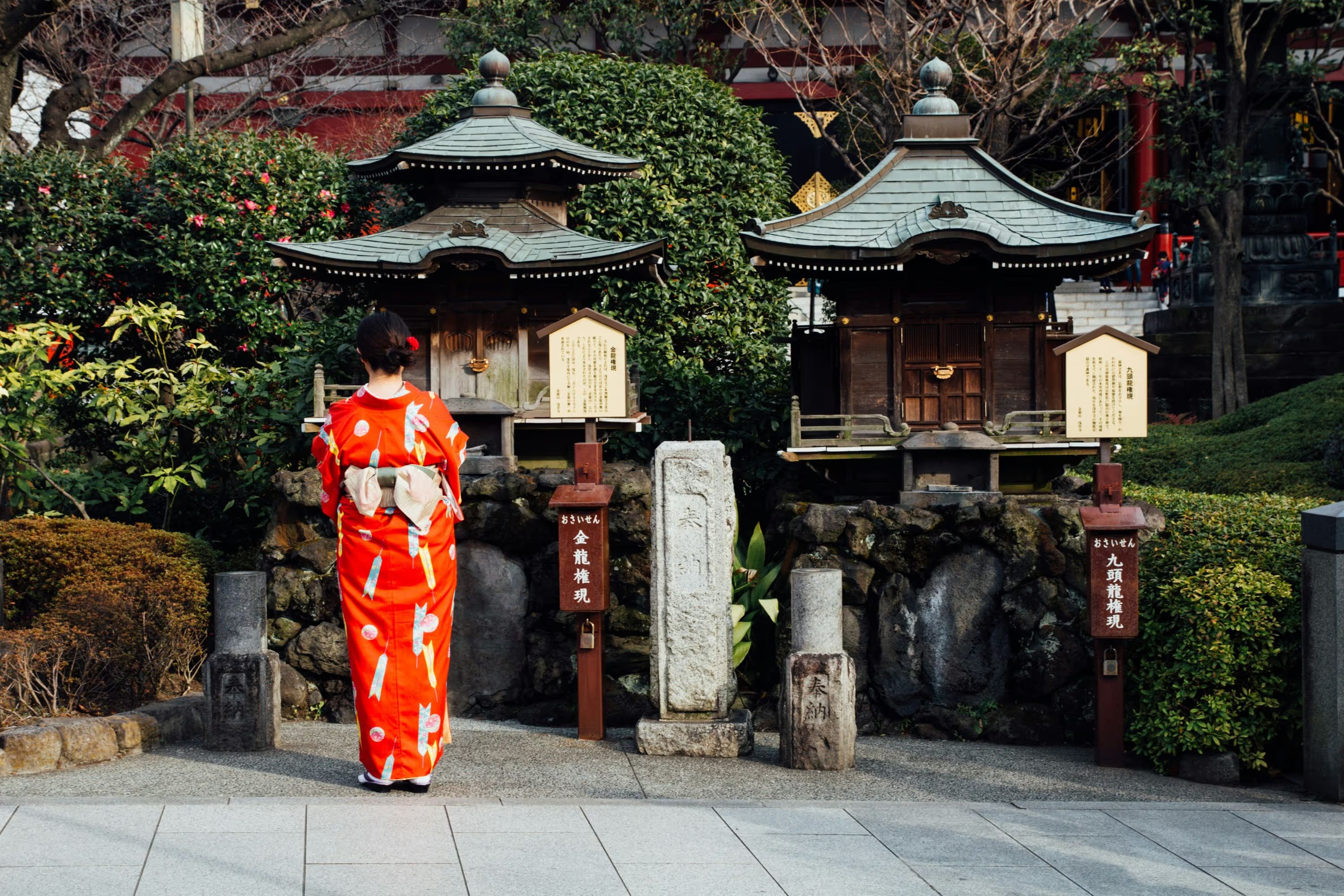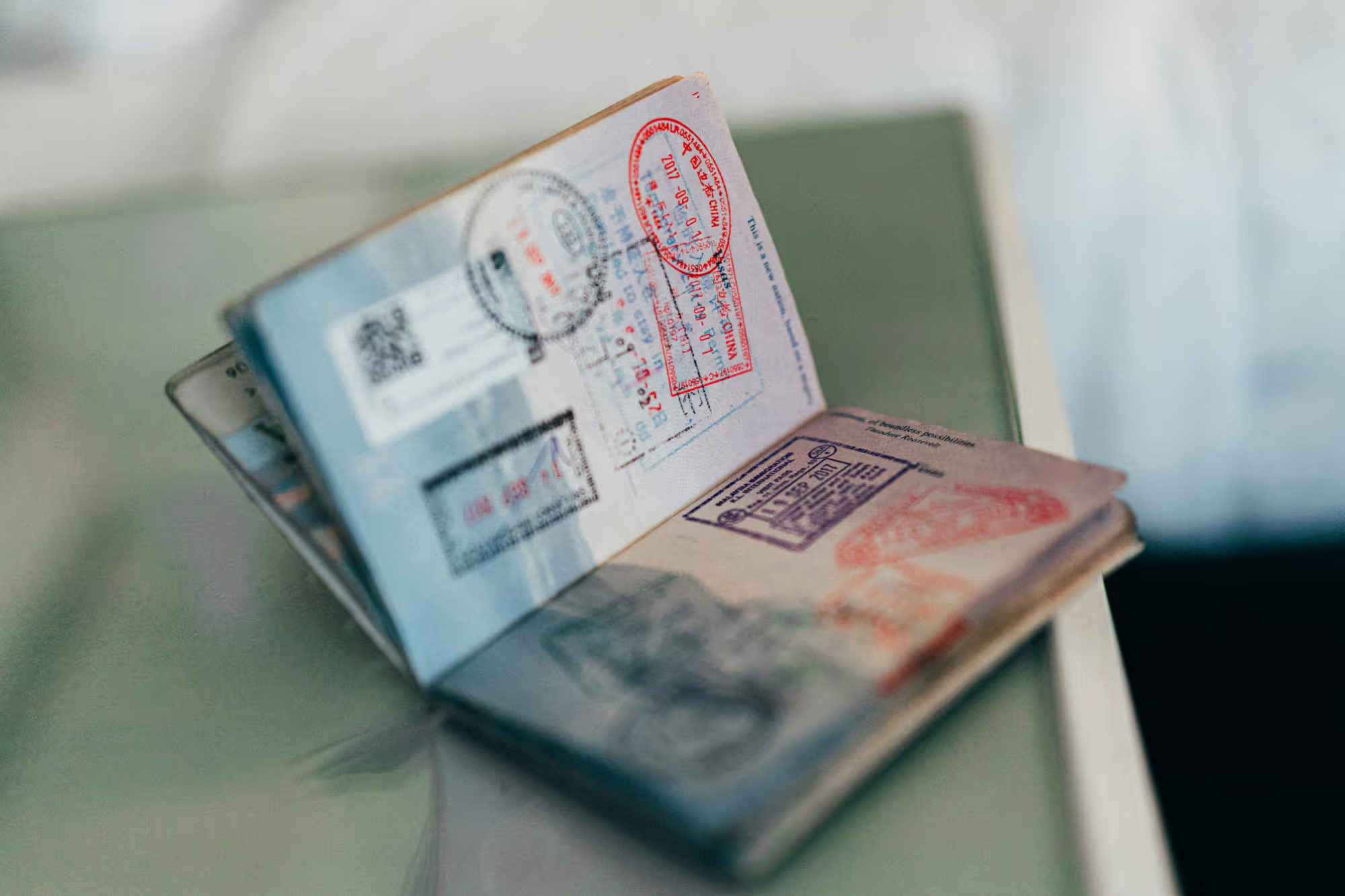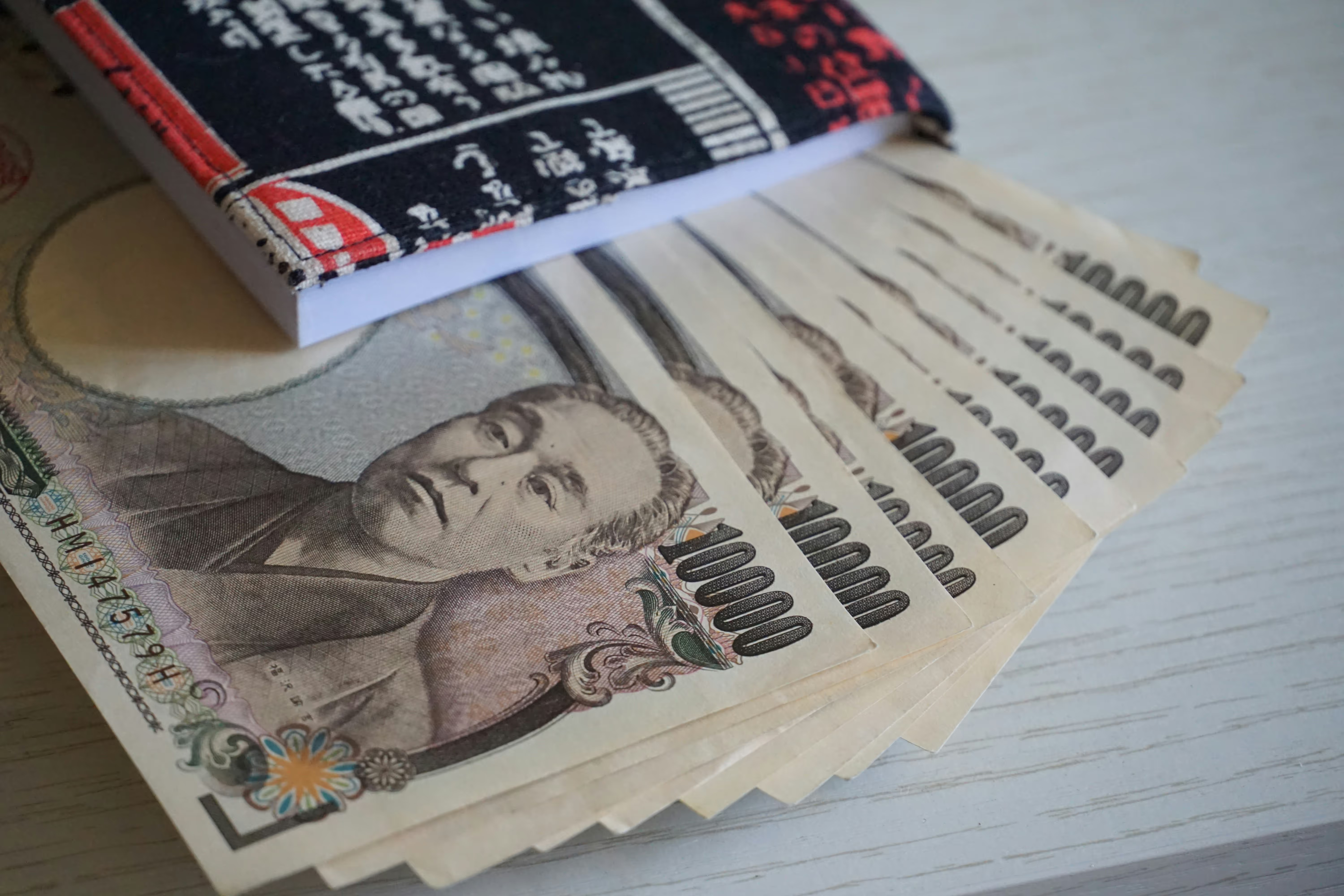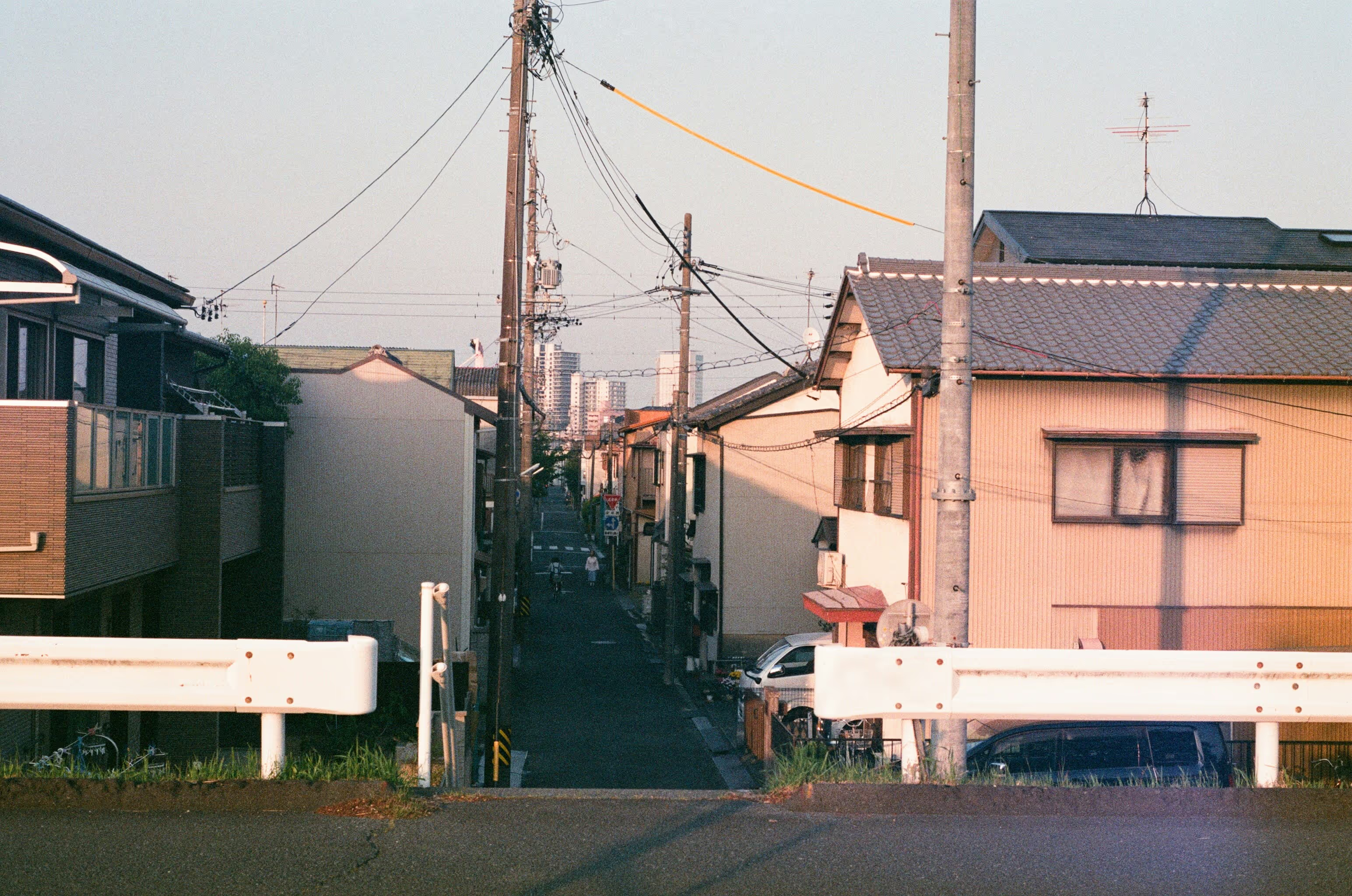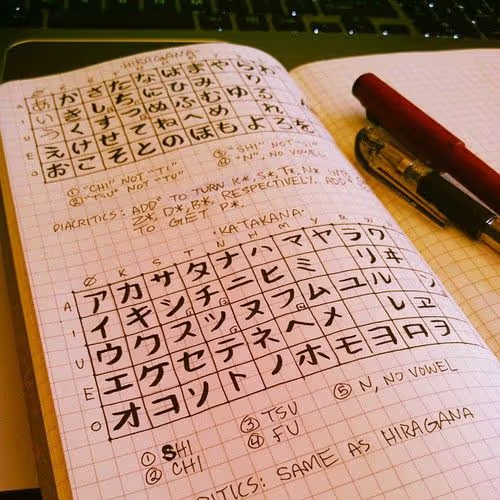Recently, Japan has become one of the most (if not THE most) popular travel destinations in my home country, France. Living in Japan means that every time I go back home on vacation, I get the same questions: Is living in Japan expensive? If I go to Japan X weeks, how much money should I have?
Mid-term to long-term stay
Let's use my case as an example: I'll be in Japan for 4 years in total. I live in Nakano ward, which is part of Tokyo. Nakano isn't central Tokyo, but since I can reach Shinjuku with a 5-minute train ride, let's say it's pretty close.
I rent a 36 m2 apartment that is fairly old and on the ground floor. Both of these factors keep the rent down to a mere 90,000 yen a month (521 EUR / 620 USD at the time of writing). Adding water, gas, electricity, phones, and internet subscriptions for 2 brings our monthly expenses to around 120,000 yen (694 EUR / 814 USD).
Food in Japan isn't expensive at all. Cooking at home, including fish, meat or vegetables, usually costs a few hundred yen per person, maybe up to a thousand. Restaurants are barely more expensive, with the cheapest meals starting from 470 yen. Yes, in Japan, sometimes eating at a restaurant is cheaper than cooking at home. My girlfriend and I go out multiple times a week, together in the evenings or independently at lunch, and spend in total around 120 000 yen a month (694 EUR / 814 USD) for food; though we're probably on the lower end compared to most people.
If you add the occasional doctor's visit, the inhabitant tax, and other semi-regular expenses, that's another 10,000 yen a month (58 EUR / 67 USD) on average.
Altogether, we spend about 250 000 yen (1447 EUR / 1696 USD) a month. Compared to the ~300 000 yen/month (1742 EUR / 2050 USD) that most full-time entry-level positions pay in Japan, that leaves a fair margin for hobbies, activities, and savings; even on a single salary. And again, these expenses cover two people!
For cheap activities like sport or cultural hobbies, many neighborhood activity centers offer free or very low-cost access to facilities where you can practice common sports
Short term stay and activities
If you're only in Japan for a short time, or even just a few weeks, your expenses will be higher. Chances are, you'll want to pack as many experiences as possible into the time you have.
When friends or family visit, we usually end up going to a few museums (500-2000 JPY / 3-12 EUR / 3-14 USD), taking trains a lot, eating at fancier restaurants (3000 JPY / 17 EUR / 20 USD and up), or going to Karaoke (a few thousand yen, or ten of euros/dollars). Add souvenirs on top, the bill grows quickly.
With an activity-heavy schedule, expect to spend around 10 000 yen (58 EUR / 67 USD) every one or two days, depending on your tastes.
Although rent in Japan is relatively cheap compared to France, England or the US, hotels are fairly expensive. The tourism industry here knows that foreign visitors have money to spend, so expect prices similar to those back home. I won't give detailed numbers here since accommodation costs vary A LOT depending on whether you choose a simple business hotel or a fancy ryokan. Since you'll need to book in advance anyway, or well in advance, you'll know your lodging costs before your trip.
As a side note: climbing Mount Fuji over two days to see the sunrise from the summit is an incredible experience, but it also requires advance reservations for mountain huts.
In a few words
Living in Japan feels surprisingly cheap to me, especially compared to France. Even earning in yen, everyday expenses are quite low. Where costs rise is in activities. Sports gear and organized outdoor experiences (Kayaking, canyoning...) are pricey. For example, buying climbing shoes in France can actually be cheaper than in Japan, which I think says a lot.

